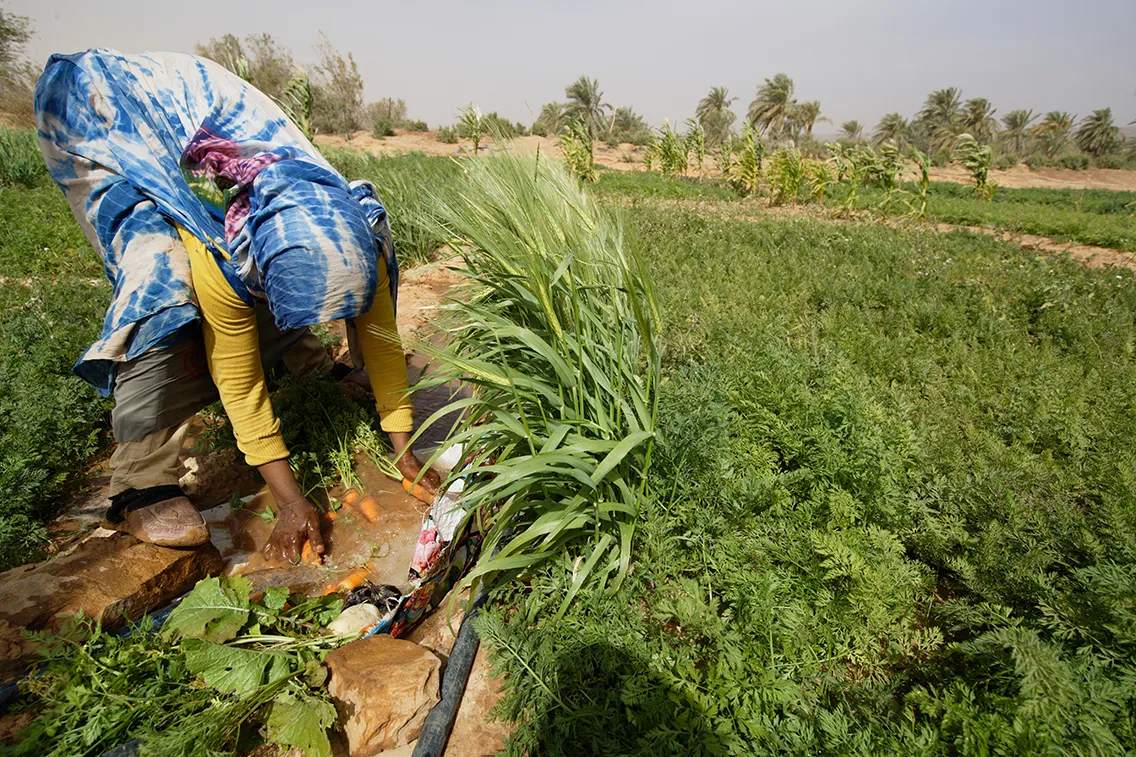
However, this sector has become a focal point of international interest, particularly from Russia, following sanctions imposed by the West after its illegal invasion of Ukraine. Since 2022, Russia’s economy has been in a gradual decline, with its gross domestic product (GDP) shrinking by 2.1% that year. In 2023, the situation persisted, with the World Bank and IMF projecting only a marginal improvement of 0.7% growth.
In its bid to revive its economy, Russia has increasingly focused on exploiting Africa’s extractive resources, particularly in regions where instability persists. While not the root cause of these challenges, Russia’s involvement, particularly through its Africa Corps (formerly the Wagner Group), has exacerbated instability by offering security assistance to fragile governments in exchange for access to valuable resources. Over the past year, Moscow has intensified its activities in Africa’s Sahel region, including countries like Mali and Burkina Faso, capitalizing on existing governance gaps, Western policy missteps, and rising anti-European sentiment. However, the failures of international actors, including the West, to address deeper, structural issues are only part of the problem. Solutions like those led by ECOWAS and African Union initiatives offer promising, African-led peace and security models that can counter such foreign interference and promote long-term stability.
The Sahel region’s rare resource industries and corrupt ruling elite provide inroads for Russia to source resources, diversify revenue flows, and influence the politics of a rapidly globalizing region. Critical resources like cobalt, uranium, bauxite, and lithium are under-explored in the Sahel. As Russia’s access to rare resource markets becomes constricted, the country looks to the Sahel to secure new sources. Sahel states stand to make a quick profit to back their tenuous grip on power while Russia secures its national security interests. The addition of Africa Corps security forces in the country provides protection for Russian economic interests, security for the ruling government, and a symbol of legitimacy. Supporting and legitimizing fragile Sahel governments makes the leadership loyal to the Kremlin and metastasizes Russia’s grip on the region.
Mozambique is a striking example where Russia’s pursuit of self-interest has clashed with the country’s sovereignty and security needs. When the Islamist insurgency led by Ansar al-Sunna (Al-Shabaab) erupted in Cabo Delgado province in 2017, it severely disrupted gas operations in the resource-rich Rovuma Basin. In response, a 200-man force of mercenaries from Yevgeny Prigozhin’s Wagner Group (now rebranded as Africa Corps) arrived in September 2019 under a supposed security agreement with Vladimir Putin. Despite the presence of this contingent, the situation deteriorated further, with Wagner suffering significant fatalities. This costly failure highlighted their ineffectiveness in combating the insurgency and underscored Russia’s self-serving approach. Instead of fostering stability, Russia’s intervention in Mozambique deepened the security crisis while exploiting the country’s vulnerabilities, as local diplomats later admitted that bringing in Wagner was a grave mistake.
Similarly, the Democratic Republic of Congo (DRC), rich in natural resources yet underutilized, has attracted Russian interest. Using disinformation as a strategy, Russia seems poised to exploit the DRC’s minerals. On March 8, 2024, the DRC government refuted claims of a military cooperation agreement with Russia. Reports from the Russian-owned news agency TASS suggested that Russia had approved a draft military cooperation deal with the DRC, including military training, cooperative drills, and visits by warships and warplanes. These claims alarmed many in Africa, prompting the DRC government to deny the allegations and clarify the situation. Russia’s intention in making these claims remains speculative, but it could be an attempt to establish a military presence in the DRC under the guise of providing support, ultimately leading to mineral exploitation to support Russia’s economy.
The pattern is evident across vulnerable regions in Africa: Russia exploits insecurity to harvest minerals, either as payment for security services or through skewed agreements benefiting its state-owned extractive companies.
Africa stands at a crossroads where it must exercise caution in its engagements with Russia, particularly in the extractive industry. While the continent is rich in resources that can fuel economic growth, the reliance on foreign powers like Russia, which seek to exploit these resources under the pretense of providing security or economic partnerships, poses significant risks. The situations in Mozambique and the DRC exemplify how Russia leverages instability to gain access to valuable minerals, often at the expense of the host nation’s sovereignty and long-term development prospects.
To safeguard its interests, Africa must prioritize establishing strong governance frameworks and transparent agreements that ensure resource extraction benefits local communities and economies rather than foreign entities. Regional cooperation and the strengthening of intra-African trade and partnerships can reduce reliance on external actors whose intentions may not align with the continent’s long-term goals.
African nations should also consider diversifying their economic partnerships, seeking collaborations with countries and organizations committed to mutual growth and respect for sovereignty. By doing so, Africa can harness its natural wealth to drive sustainable development, improve living standards, and enhance its global standing, ultimately securing a more prosperous and self-reliant future for the continent.

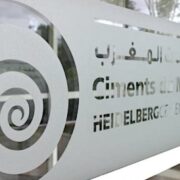


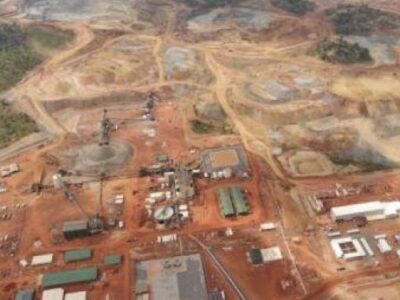

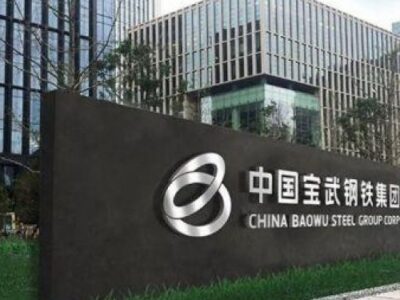
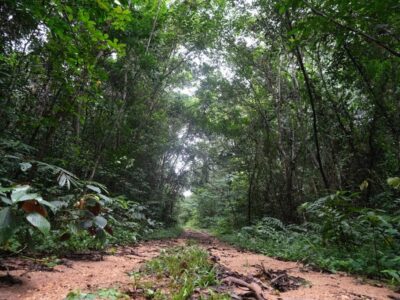

Comments